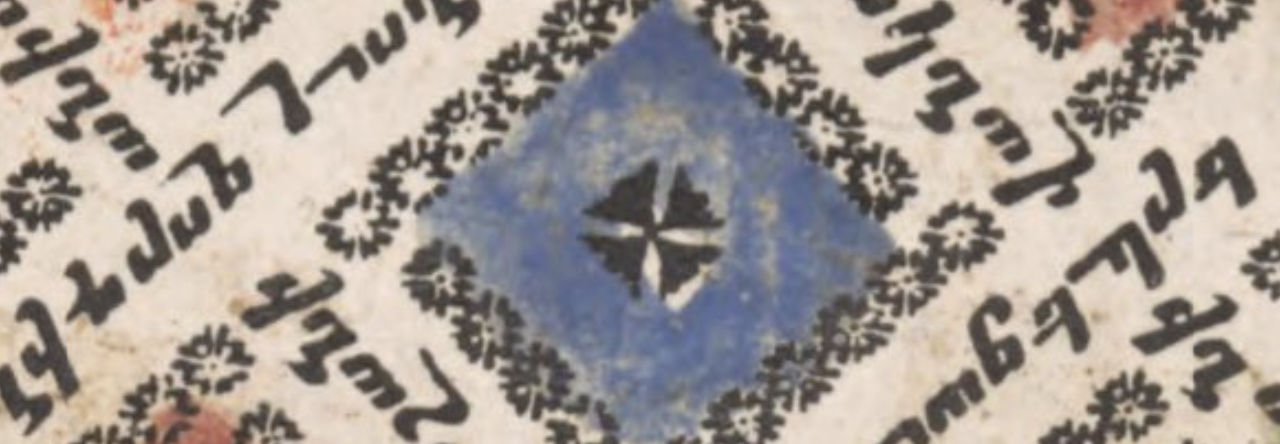The Zohrab Information Center is thrilled to announce the first lecture in the Fall 2019 Series on Monasticism: Reading an Ambiguous World: On the Poetry of Kostandin Erznkats’i, with Dr. Michael Pifer (University of Michigan). The talk will take place at the Guild Hall of the Eastern Diocese of the Armenian Church of America at 7 PM on Thursday, September 26. Dr. Pifer will inaugurate this series on the subject of Armenian monasteries, their education system, their place in Armenian learning and culture, and the broader world in which they exist. Kostandin Erznkats’i received a monastic education until he was at least fifteen years old, before he saw a vision in which he received the divine gift of poetry. The 13th century world in which he composed poetry was the same as the one that supported and nourished some of the greatest monasteries in Armenian history. His monastic education demonstrates how important the monasteries were to the broader cultural landscape of the time. Join us for the first lecture of Fall 2019! A reception will follow.

What can Armenian poetry reveal about the ways that Muslims and Christians navigated the diversity of medieval Anatolia?
In this talk, Dr. Michael Pifer (University of Michigan) will shed new light on Kostandin Erznkatsi’s late 13th/early 14th-century poem on the rose and the nightingale, which has become one of the best-known works of medieval Armenian literature. As Kostandin famously explained, his audience had difficulty understanding this poem, which draws heavily on the conventions of Islamicate poetry–including the term for the nightingale, bulbul, which is a loanword from Persian. Kostandin therefore composed a second poem to explain the first: the rose was a symbol for Christ, he instructed, while the nightingale represented Gabriel’s horn.
However, as this talk will show, Kostandin was hardly alone in this labor of adapting and changing the meaning of adjacent literary cultures. Muslim poets in medieval Anatolia likewise sought to teach audiences to discard outer narrative forms and seek the inner spiritual meanings within a text, including through the symbolic rose and nightingale. This talk therefore explores how both Muslim and Christian poets keenly desired to teach audiences how to decipher, and make meaning out of, culturally and religiously in-between forms of literary production.

Dr. Michael Pifer is lecturer in Armenian Studies at the University of Michigan. His work brings to light the connective tissues that run through Armenian, Persian, and Turkish literary cultures, particularly in medieval Anatolia, but also beyond. Most recently. Dr. Pifer is the co-editor of An Armenian Mediterranean: Words and Worlds in Motion (Palgrave Macmillan, 2018), with Kathryn Babayan. His research has also been supported by the National Endowment for the Humanities and a Manoogian Simone Foundation Postdoctoral Fellowship at the University of Michigan.
Like this:
Like Loading...


